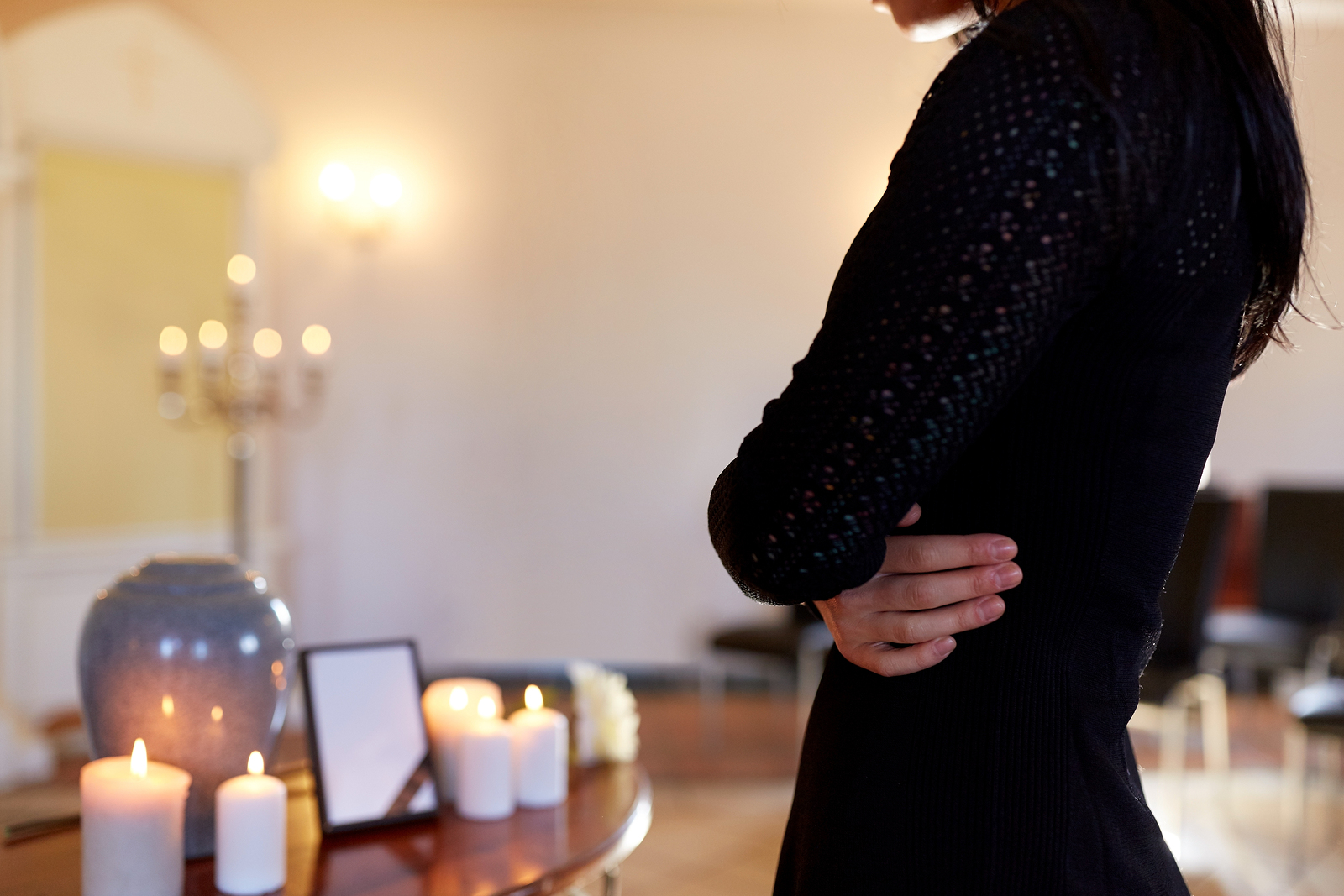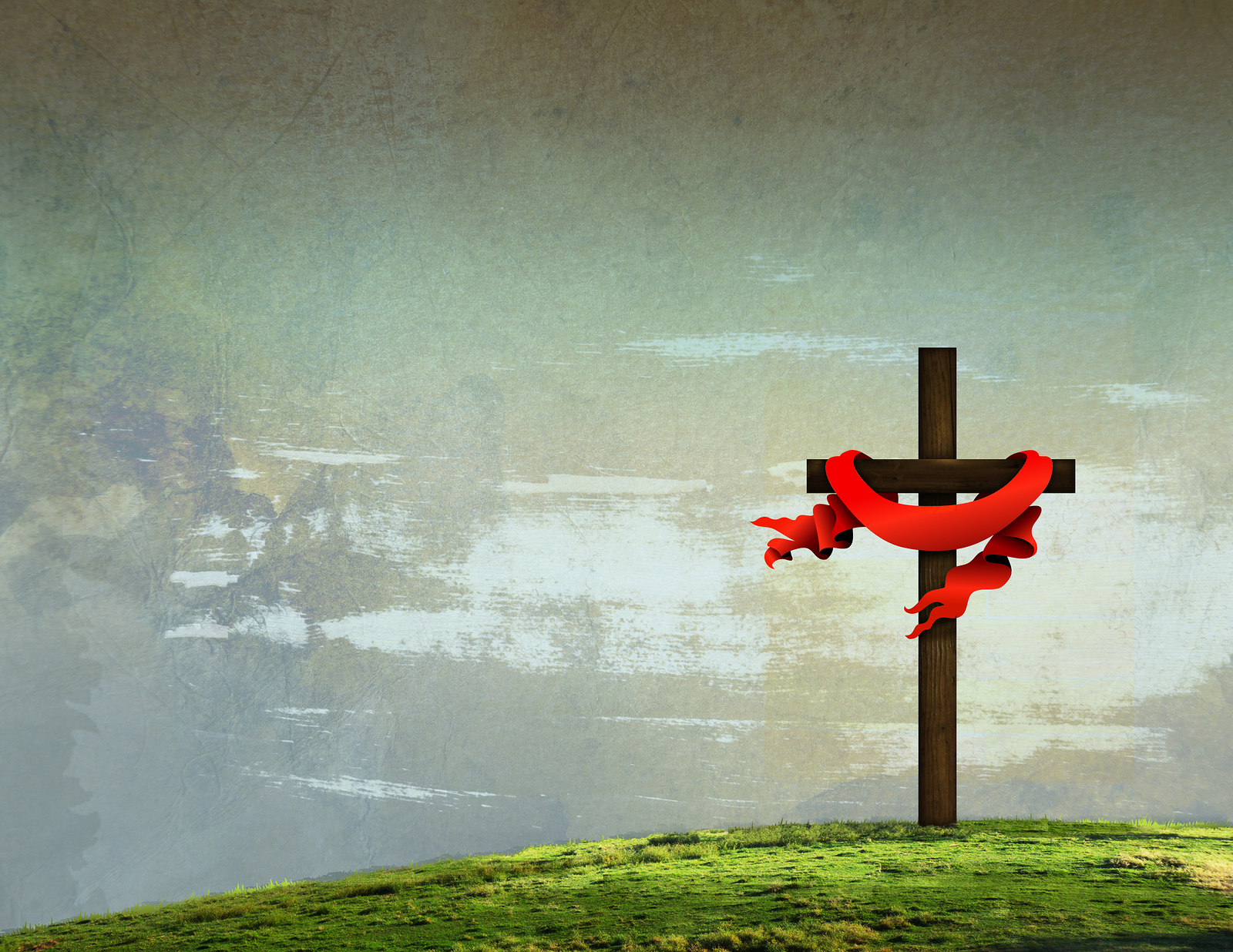
by Brian Hobbs | Aug 17, 2017
The great historian Edward Gibbon was a member of the British Parliament, but according to one historian, he never gave a single speech during his time in Parliament. When asked why, he said the examples of the good and the bad speeches deterred him from ever speaking.
In the hours, days and weeks following Charlottesville, I found myself feeling a bit like Gibbon. The good things and the bad things I heard deterred me from continually commenting on social media and elsewhere.
Yet the persistent evil of racism, white supremacist ideology and the emergence of the so-called Alt-Right requires the strongest possible response.
I want to quote and “amen” some pastors who I thought had especially good things to say following the tragedy and outrage in Charlottesville.
“Russell Moore, president of the Southern Baptist Convention’s (SBC) Ethics & Religious Liberty Commission, said in a column for The Washington Post, ‘White supremacy does not merely attack our society (though it does) and the ideals of our nation (though it does); white supremacy attacks the image of Jesus Christ himself. White supremacy exalts the creature over the Creator, and the wrath of God is revealed from heaven against it. This sort of ethnic nationalism and racial superiority ought to matter to every Christian, regardless of national, ethnic or racial background. The church should call white supremacy what it is: terrorism, but more than terrorism. White supremacy is Satanism. Even worse, white supremacy is a devil-worship that often pretends that it is speaking for God.” I agree wholeheartedly with Dr. Moore and greatly appreciate his courage on speaking out for racial justice.
Anthony Jordan, executive director of the Baptist General Convention of Oklahoma, who has been a longtime leader in this area of racial reconciliation in Oklahoma, said in the immediate aftermath of Charlottesville, “As Christians we cannot be silent. We must condemn white supremacy publicly and privately. We must drown out hate with words/acts of love.”
Other important statements were offered by Pastor H.B. Charles and Byron Day, president of the National African America, Fellowship of the SBC. I cannot “amen” the individuals and their statements loudly enough.
I was honored to vote “yes” last June at the SBC to a resolution that condemned the Alt-Right and white supremacists. I have also been glad to be part of several conversations between pastors who are African American and “Anglo” (that is to say black and white), as the church tries to lead the way toward racial reconciliation.
Beyond these words, there is so much more to say and do to eliminate racism in America, and that charge is given to those who claim the name of Christ.
One thing I have learned in the last year, through conversations and readings, is how I was not seeing the issue through the eyes of another. I, of course, always knew the evil of racism and knew that black Americans in particular have faced such a difficult road and faced the worst kinds of oppression throughout our history.
But by having conversations with people of another race, my eyes have been opened to the horrors of racism black people face, right down to this very day and age. After Charlottesville, I am reminded and convicted to pray and try even harder to be part of the solution.
Following the vision of the great Dr. Martin Luther King, Jr. himself, I long for a day which we achieve racial justice for those who have faced such injustice. I long for a day in which we see racial reconciliation and true harmony in the Church.
Until that time, I will plead with God for His help in this great struggle, and I want to offer my life and lips to speak up for racial justice and to promote peace.

by Brian Hobbs | Aug 3, 2017
They say two of the most important things pastors do are marry people and bury people. In a recent Baptist Messenger column, I talked about wedding trends, so now, I will talk about funeral trends.
The first trend is that funerals have some kind of theme, such as if a person liked motorcycles, those would be on display. As Americans, we like to personalize or customize everything, now including funerals.
Another trend is to focus on celebrating the life of the individual than mourning the death. This life-celebration emphasis puts a more positive tone on the occasion, as well as showing gratefulness to God. This approach could unintentionally obscure or defer the grieving process, but at the same time, we know Christians still grieve the heaviness of death of believers, but with hope (1 Thess. 4:13).
There is also a trend to move funerals farther away from the purview of churches. Some people may not feel the need to call on pastors for funerals since they can call on a funeral director. But pastors have an indispensable role, because we know that at the point of death and grief, only Jesus and His church will be true sources of lasting comfort and hope.
Perhaps the most obvious trend is the sudden rise of cremation in America, and this deserves our full attention. In 2015, cremation became more popular than burial for the first time in history, with the cremation rate (48.5%) surpassing the burial rate (45.4%).
To show how quickly this trend took place, just 10 years prior the “cremation rate was only 32.3 percent (while) the burial rate was 61.4 percent.” One hundred years earlier, cremation was practically unheard of. In fact, there were only two recorded cremations in North America prior to the year 1800, with “the first cremation in America (taking) place in 1876, accompanied by readings from Charles Darwin and the Hindu scriptures.”
So the practice of cremation has gone from nearly never done to now the majority’s choice, and as Russell Moore has pointed out, this trend has happened without almost any discussion.
For most people, cremation has been popularized because it’s expedient and makes “final expenses” less. No one disputes the fact that cremation is, generally, more inexpensive. What some do dispute is if it’s preferable?
Burial has benefits. To start, burial gives location for those left behind to grieve. If someone is cremated and has their ashes scattered at sea, the mourners have no physical location where to remember and grieve. Burial also shows that the body matters and is not just something to be disposed of after use.
In a larger sense, burial seems to be the predominant biblical mode. From Old Testament to New, from Leah to Lazarus, from Jacob to Jesus Himself, the Lord’s people were buried upon death. In fact, there are no recorded cremations in the New Testament.
One historian noted that, when Ancient Rome moved from paganism toward Christianity, Romans moved away from cremation toward burial. Burial, therefore, in a historical sense, was the distinctly Christian choice.
This cannot be an accident, as many other cultures and religions have cremated their dead. In Christianity, burial lays the body to rest until it will be resurrected. There is a direct correlation between the body you now have and the resurrected body you will have upon glorification. In fact, early “Christian gravesites were called “coemeteria” (cemeteries), which literally means ‘sleeping places,’ reflecting belief in a future resurrection,” according to Timothy George.
When we bury the dead, we point to the fact that one day Christ will resurrect us from the grave. That being said, many godly Christians have chosen or will choose cremation, and the Bible does not specifically condem cremation. We also know that God can and will resurrect all people, whether buried or not (John 5:28-29).
Regardless of your personal view on any of these funeral trends, it is always important to step back and take notice of end-of-life matters. Because, as Christians, we want our deaths, as well as our lives, to send a Christ-honoring message to the watching world in every way possible.

by Brian Hobbs | Jun 27, 2017
The sports world waited in anticipation for the NBA’s top individual award to be announced. The Most Valuable Player award, as most expected, went to Oklahoma City Thunder star Russell Westbrook, who had recently completed a record-smashing season.
For Thunder fans like me, the award going to Westbrook was truly exhilarating and validating. Even though we did not play a minute on the court, we felt Westbrook and the team were representing us.
I am personally a huge fan of basketball and Westbrook has been my favorite player since practically day one he came to the Thunder. I also admire his family—his parents and wife—and many aspects about him, so this moment was especially sweet for me.
One of life’s great blessings is that God puts “MVPs” around us. Who is the MVP in your family? Perhaps it’s your mother, grandfather or your spouse.
Who is the MVP in your church family? Perhaps it’s the pastor, a Sunday School teacher or the janitor.
God can use any person of any gifting to be a valuable player in life and in the Church. If you stop to think of some of the people in the “Hall of Faith” in Hebrews 11, they were unlikely MVPs. Think about Rahab the Harlot, or Gideon, who called himself the “least of his tribe.” These were people who God plucked from obscurity and used for His glory. Now their names are forever enshrined in the Bible.
These and others are, in one sense, an “MVP” of life and the story of God’s people, as well. The Bible says, “Remember your leaders, who spoke the word of God to you. Consider the outcome of their way of life and imitate their faith” (Heb. 13:7).
As we rejoice in Westbrook’s great accomplishment, ponder others around you we can also celebrate, to God’s glory. And above all, ponder the God-man Himself, the sinless Son of God who died for our sins, the Lord Jesus Christ. For He alone is worthy of our heart’s praise.

by Brian Hobbs | Apr 27, 2017
From time to time, Word Slingers presents reviews of new books authored by Christians. Every now and then, we publish reviews of older books and classics. I want to offer a review of the latter, The Hiding Place, by Corrie ten Boom.
By way of summary, The Hiding Place tells the dramatic real-life story of a Christian family living in Holland during the Nazi invasion in World War II and how three of those family members—Corrie, her sister Betsie and their father Casper—along with a network of others, helped hide Jews from the grasp of the Nazis.
The story relays of the consequences of their actions and how they were helped by God’s grace during a time of terrible suffering. While many Christians, particularly Evangelicals, are already familiar with the name of Corrie Ten Boom, many do not know her full biography, which is told in an unforgettable manner in The Hiding Place, a book published in 1971 that was later made into a movie.
Those who are not familiar with the story may be familiar with popular quotes from the book, including:
- “There is no pit so deep, that God’s love is not deeper still.”
- “Our wise Father in heaven knows when we’re going to need things too. Don’t run out ahead of him.”
- “When He tells us to love our enemies, He gives along with the command, the love itself.”
- “Perhaps only when human effort has done its best and failed, (will) God’s power alone be free to work.”
Now I want to talk more about the story and glean some lessons (Fair warning: plot spoilers ahead). The story of the ten Boom family is one of extreme risk, suffering and eternal glory. It is the true tale of doing the right thing no matter the cost.
There were many living in Europe and places like Holland who turned a blind eye to the Nazi menace and the unparalleled mistreatment of Jews and others during these dark days. There were thousands of others who took an active part in doing the evil.
In The Hiding Place, we see a sparkling example of those who courageously counter-acted the evil and risked their own well-being and safety in the process. These people now hold a place of honor that can never be diminished.
For you see, it was not only great and heroic leaders like Winston Churchill who saw Hitler and the Nazis for the evil they were and did something about it; it was the little people too, like Corrie and Betsie.
The ten Boom family were Dutch Reformed Christians living a quiet life, owning and operating a watch repair shop. Prior to the Nazi invasion, the ten Booms helped serve their neighbors in need, all in the Name of Christ, and developed a strong Christian fellowship and a reputation for good in the community. They likely developed habits of prayer and Scripture reading that would serve them in their greatest hour of darkness.
When the Nazi occupation came, the ten Booms discovered and joined an underground network of people helping Jewish people. They themselves housed Jews in their home and hid them at critical moments, in a secret room. One of the people who came to Corrie for help was really planning to betray the ten Booms. In helping this man, Corrie, Betsie, Casper and many others were found out, arrested and imprisoned.
In the pages of The Hiding Place, we are confronted with a front-row seat to the evils and horrors of Nazi imprisonment. Casper would die in prison shortly after his arrest, while Corrie and Betsie suffered for months on end, ultimately ending up in the infamous concentration camp of Ravensbruck.
At this death camp, Betsie loses her life and Corrie, after horrible suffering, is released. From the time of their initial capture to Corrie’s miraculous release, we see the light of Christ shine amid darkness and the way Christians can be salt and light.
From leading worship services in their barracks at the concentration camp to forgiving their Nazi tormentors, the love of Christ shines through the lives of Corrie and to an even greater degree Betsie. While Corrie is the better known of the sisters, it was Betsie who was often the greater spiritual leader of the family.
In one scene, we see a Nazi matron beating a prisoner. Corrie says something to the effect of “Oh, that poor woman.” Betsie replies, “I know. Let’s pray that God will forgive her.” Corrie, like any of us, sympathized with the one being beaten while Betsie had compassion on the evil doer who may face everlasting separation from God.
The question has often been asked, “Why do bad things happen to good people?” In the life and example of Corrie ten Boom and her family, we do not get our “why?” answered. What we get is something more, and that is the startling realization of what God can do amid the greatest of evils and suffering, for His glory and the betterment of people, for all time and eternity.

by Brian Hobbs | Apr 14, 2017
Once at a children’s Sunday School about Good Friday and Easter, I saw a lesson that talked about the “Sad Day” (Good Friday) and “Happy Day” (Easter Sunday). This was an interesting and telling way to teach Good Friday and Easter Sunday to children.
I also have become aware of a popular poem, “It’s Friday—But Sunday’s Coming,” which depicts the heaviness of the crucifixion over and against the glory of Christ’s resurrection.
While there are great truths in each of these, it could make it seem odd to call Good Friday “Good,” and might even seem to suggest “Good Friday” is a “Bad Friday.”
This made me wonder, why do we call it Good Friday? I’m no theologian or church expert, but it appears there is some debate. According to one article, “Some sources suggest that the day is ‘good’ in that it is holy, or that the phrase is a corruption of ‘God’s Friday.’” After even more research, it appears to me we do not definitely know exactly where Good Friday gets its name.
What we do know is that on Good Friday, we commemorate, celebrate and recognize the atoning work and agonizing crucifixion of the Lord Jesus Christ, the Son of God. The Bible says, “God made Him who knew no sin to be sin on our behalf, so that in Him we might become the righteousness of God” (2 Cor. 5:21). And on the cross, Jesus proclaimed, “It is finished!” (John 19:30).
Therefore, Good Friday is not merely a sad day (though it is that). Good Friday represents the finished work of Christ, paying for our sins, which is central to the Good News. Without recognizing the full aspects of Good Friday, we could miss out on the full joy of Easter Sunday and Christ’s resurrection from the dead.
That being said, I am extremely encouraged to see many Evangelical churches start to embrace the Easter week more fully. In times past, you would be fortunate to see the average Evangelical church mention Palm Sunday, perhaps put on an Easter musical at some point and then skip right to Easter Sunday. As a result, many Christians skipped over an opportunity to recount and call to mind Christ’s atoning death on the cross.
These days, you will find many churches having a Palm Sunday service, a Holy Thursday communion service, a Good Friday service and, of course, worship the risen Savior on Easter. As Christians, this is truly our highpoint of the year, and we should take every opportunity we can to worship the Lord Jesus.
To that end, I recommend we not downplay or miscast Good Friday as “Bad Friday,” but instead fully embrace it and commemorate the day on which the sinless Son of God Himself died for sinners like you and me. And so done, our hearts will be primed and ready for Easter Sunday, on which we proclaim to the world, “Christ is risen. He is risen indeed!”




